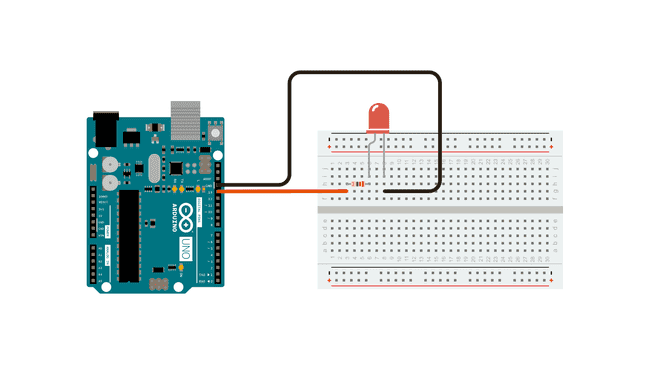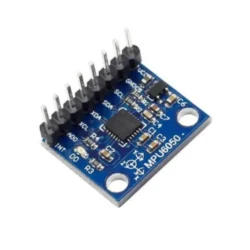Introduction
Implementing a FreeRTOS task scheduler on STM32F4 microcontrollers allows developers to efficiently manage multiple tasks in a real-time environment. This tutorial will guide you through the steps required to set up FreeRTOS on STM32F4, configure the task scheduler, and enable real-time debugging using GDB and OpenOCD.
Prerequisites
- Basic knowledge of C programming
- Familiarity with embedded systems and STM32F4 microcontrollers
- STM32CubeIDE or any other compatible IDE installed
- OpenOCD installed and configured
- GDB (GNU Debugger) installed
- A working STM32F4 development board
Parts/Tools
- STM32F4 Development Board
- USB to Serial Converter (if necessary)
- JTAG/SWD debugger (e.g., ST-Link)
- OpenOCD
- GDB
- FreeRTOS source code
Steps
-
Set Up Your Development Environment
- Install STM32CubeIDE and configure it for your STM32F4 board.
- Download FreeRTOS from the official FreeRTOS website.
- Extract the FreeRTOS files and include them in your STM32 project.
-
Create a FreeRTOS Configuration File
- Copy the
FreeRTOSConfig.hfile from the FreeRTOS directory into your project. - Set the necessary configuration options. Example configuration:
#define configUSE_PREEMPTION 1 #define configUSE_IDLE_HOOK 0 #define configUSE_TICK_HOOK 0 #define configCPU_CLOCK_HZ ( ( unsigned long ) 168000000 ) #define configTICK_RATE_HZ ( ( TickType_t ) 1000 ) #define configMAX_PRIORITIES ( 5 ) #define configMINIMAL_STACK_SIZE ( 128 ) #define configTOTAL_HEAP_SIZE ( ( size_t ) ( 10 * 1024 ) ) #define configMAX_TASK_NAME_LEN ( 16 ) #define configUSE_TRACE_FACILITY 1 #define configUSE_MUTEXES 1 #define configUSE_RECURSIVE_MUTEXES 1 - Copy the
-
Initialize FreeRTOS in Your Main Function
- Include FreeRTOS headers in your main file:
- Create tasks using
xTaskCreatefunction: - Start the scheduler:
#include "FreeRTOS.h" #include "task.h"void vTaskFunction(void *pvParameters) { for (;;) { // Task code here } } xTaskCreate(vTaskFunction, "Task1", 1000, NULL, 1, NULL);vTaskStartScheduler(); -
Set Up OpenOCD for Debugging
- Create or modify your OpenOCD configuration file for STM32F4:
- Start OpenOCD:
# STM32F4 interface stlink transport select hla_swd set CHIPNAME STM32F407VG source [find target/stm32f4x.cfg]openocd -f your_openocd_config.cfg -
Debugging with GDB
- Open a terminal and start GDB:
- Connect GDB to OpenOCD:
- Set breakpoints and start debugging:
arm-none-eabi-gdb your_project.elftarget remote :3333break main continue
Troubleshooting
- Cannot connect to OpenOCD: Ensure the debugger is correctly connected and OpenOCD is running with the right configuration.
- Tasks not running: Check the FreeRTOS configuration and ensure the scheduler is started correctly.
- Compilation errors: Verify that all FreeRTOS files are included in your project and that the paths are correct in your IDE settings.
Conclusion
In this tutorial, you have learned how to implement a FreeRTOS task scheduler on STM32F4 microcontrollers, configure the system, and enable real-time debugging using GDB and OpenOCD. With this setup, you can efficiently manage multiple tasks in your embedded applications and debug them effectively.


